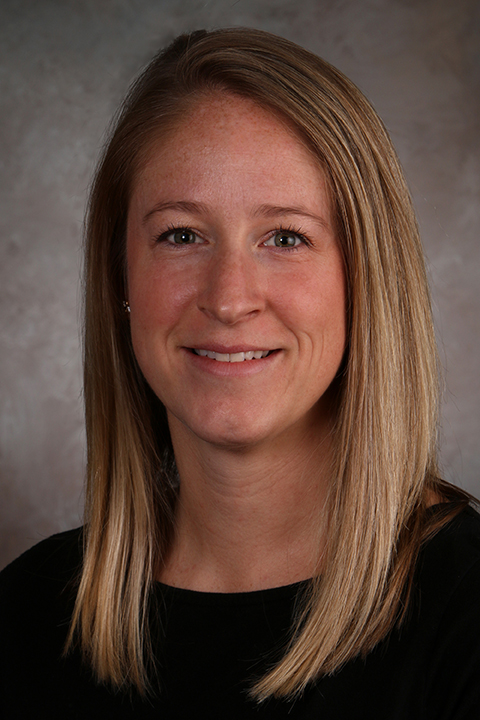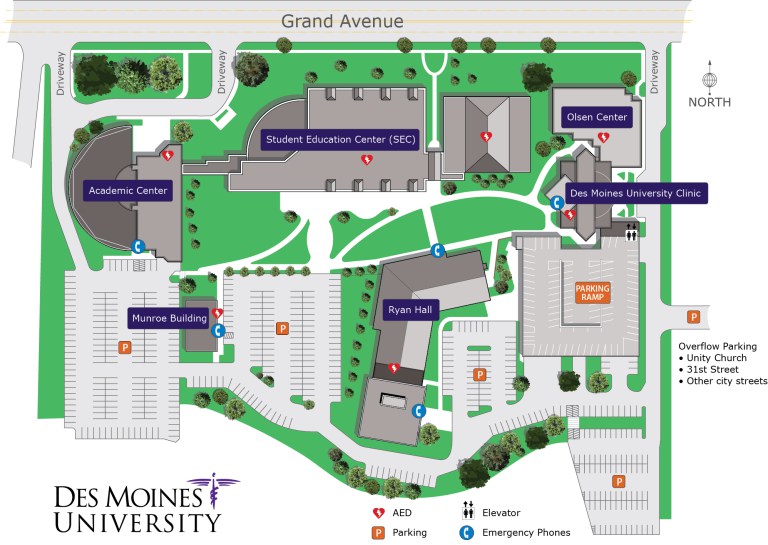Aquatic Therapy

| Registration |
|---|
Two attendance options:
|
Target Audience
IPTA Southwest District members, physical therapists, physical therapy assistants, students.
Agenda
| 7 pm | Continuing Education Session: Aquatic Therapy Abby Rezansoff, DPT, PT
|
| 8 pm | IPTA Southwest District Meeting If you have an item you'd like to add to the IPTA Business Meeting agenda, please email Juanita Robel at [email protected]. |
| 9 pm | Adjourn |
Speaker

Abby Rezansoff, DPT, PT
Physical Therapist, UnityPoint Health
- BS in Kinesiology and Health from Iowa State University
- Doctor of Physical Therapy from University of New England
Dr. Rezansoff indicated she has no financial relationships to disclose relevant to the content of this CME activity.
References
- Geigle, P., & Norton, C. (n.d.). Medical Screening for Aquatic Physical Therapy. Journal of Aquatic Physical Therapy, 13(2), 6–10.
- Hall, J., Swinkels, A., Briddon, J., & McCabe, C. S. (2008). Does Aquatic Exercise Relieve Pain in Adults With Neurologic or Musculoskeletal Disease? A Systematic Review and Meta-Analysis of Randomized Controlled Trials. Archives of Physical Medicine and Rehabilitation, 89(5), 873–883. https://doi.org/10.1016/j.apmr.2007.09.054
- Taylor, PT, DPT, PCS, C. (n.d.). Documentation and Billing for Aquatic Physical Therapy. Assessment-Based Aquatic Clinical Competency Certificate Program.
- Lookabaugh, PT, DSc, GCS, H. (n.d.). Aquatic Physical Therapy: Critical Thinking and Aquatic Interventions. Assessment-Based Aquatic Clinical Competency Certificate Program.
- Meyer, K., & Leblanc, M.-C. (2008). Aquatic therapies in patients with compromised left ventricular function and heart failure. Clinical and Investigative Medicine. Médecine Clinique et Experimentale, 31(2), E90-7. Retrieved from http://www.ncbi.nlm.nih.gov/pubmed/18377766
- Amy Lombara, PT, D., & Ellenore Palmer, BScPT, Ms. (n.d.). Hydrotherapy: A focus on Pool-Based Therapy. Glandale, CA: Cinahal Information Systems.
- Mike Maynard. (n.d.). Back To Basics - The Physiological Benefits and Clinical Applications Of Aquatic Therapy. Aqualines: The Journal of the Hydrotherapy Association of Charte, 27(1), 4.
- CDC. (2016). Health Benefits of Water-Based Exercise. Retrieved January 1, 2017, from https://www.cdc.gov/healthywater/swimming/swimmers/health_benefits_water_exercise.html%0A
- Becker, B. E. (2009). Aquatic Therapy: Scientific Foundations and Clinical Rehabilitation Applications. PM and R, 1(9), 859–872. https://doi.org/10.1016/j.pmrj.2009.05.017
- Hankins, PT, S. (2009). Phased Progression: A Criteria- Based Approach to Aquatic Therapy. Synergy Therapy Solutions, LLC.
- Mooventhan, A., & Nivethitha, L. (2014). Scientific evidence-based effects of hydrotherapy on various systems of the body. North American Journal of Medical Sciences, 6(5), 199–209. https://doi.org/10.4103/1947-2714.132935
- Torres-Ronda, L., & Del Alcázar, X. S. I. (2014). The Properties of Water and their Applications for Training. Journal of Human Kinetics, 44(December), 237–48. https://doi.org/10.2478/hukin-2014-0129

Des Moines University is located on a 22-acre campus in the heart of Des Moines, Iowa. Just west of downtown on Grand Avenue, the University is located in one of Des Moines’ most prestigious neighborhoods. The campus is in a historic neighborhood filled with tree-lined streets and gracious older homes and businesses. Its central location makes it easy to access the rest of the city and outlying communities. The campus is close to the Des Moines International Airport, located on the bus line and just blocks from local shopping and downtown Des Moines.

Continuing Education Credit
Certificates of attendance will given for 1.0 continuing education contact hour.
EDUCATIONAL GRANTS
No commercial interest provided financial support for this continuing education activity.
Available Credit
- 1.00 CE Contact Hour(s)

 Facebook
Facebook X
X LinkedIn
LinkedIn Forward
Forward